Twitter unverifies Beyonce, the Pope
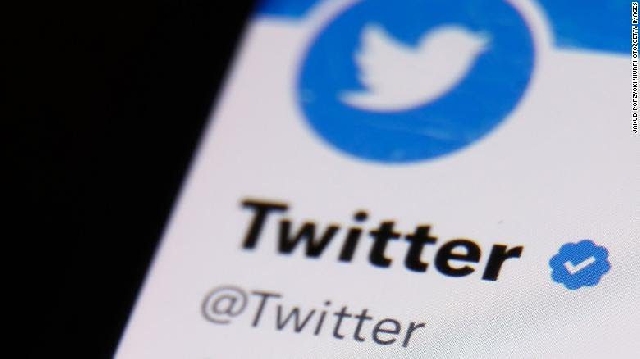 A display of Twitter famed verification or blue tick
A display of Twitter famed verification or blue tick
What do Beyoncé and Pope Francis have in common? As of today, they are no longer verified on Twitter.
The social media giant began removing the once-coveted blue check verification from thousands of accounts on Thursday.
The move comes as owner Elon Musk attempts to overhaul the social media company to turn a profit.
Users who wish to retain the check beside their name must pay $84 a year (£67) to subscribe to Twitter Blue.
As the change happened, many formerly verified took to Twitter to joke about it, or mourn the loss.
US Olympian Lolo Jones noted she's still verifiedwhere it counts: her dating profile.
Other users noted the irony that actor Jason Sudeikis had lost his verification, while Ted Lasso, the fictional character he portrays, had not.
US rapper Ice T quipped the uproar over the checks was unnecessary.
"The fact that we're even discussing Blue check marks is a Sad moment in society," heposted.
The company first introduced the verification feature in 2009, after a former professional baseball player sued the social media giant over imposter accounts.
The blue check became a status symbol and a sign of authority. But in the new Twitter-verse, Mr Musk wants users to pay to be verified.
The decision to monetise verification could usher in a massive cultural and power shift on the platform.
In the days before verification, Kanye West, Shaq and Ewan McGregor were among the first celebrities to speak out about being impersonated on Twitter. Now that the badges are gone, a celebrity's follower count may become the only way to tell the difference between someone famous and an imposter.
Within a few hours of losing verification, an account posing as Hillary Clinton, complete with the same profile picture as the former US Senator, "announced" she would again run for the presidency.
Experts warn these are the kind of tweets that could lead to the spread of misinformation.
Mr Musk has tried to frame the decision to do away with verification as a way to democratise content on the site. But critics have argued the move will amplify disinformation as Twitter Blue subscribers will get prioritised rankings - Mr Musk has said that only verified accounts will appear in the site's prominent For You stream.
Social media monitors and experts fear the rise in paid verification will lead to an amplification of misinformation on the site. If that were to happen, it could scare off yet more advertisers - and undermine any extra revenue Twitter is getting from its verification subscription model.
But Mr Musk said pain is a part of change.
"I feel like we're headed to a good place," he told BBC News. "Overall, I think the trend is very good."
Source: bbc.com
Trending News
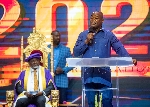
GTEC DG commends Agyinasare's 'critical, instrumental' role in Perez University College
09:30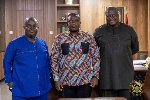
Communications Minister summons MultiChoice executives over DSTV pricing concerns
13:28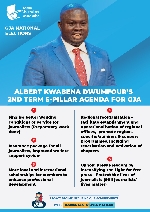
GJA election: Dwumfour unveils 5-pillar agenda for second term
14:27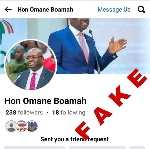
Defence Minister warns public of fake Facebook account, urges vigilance during GAF recruitment
12:20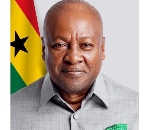
Majority of Ghanaians say country headed in right direction – Global InfoAnalytics poll reveals
08:56
Zoomlion deploys 200 new trucks to tackle waste management nationwide
13:12
A/R: 15 arrested in anti-galamsey operation at Manso Adubia
13:48
Bono Regional Minister boosts security on Sunyani–Atronie road to combat robbery
12:03
Health Minister to brief Parliament today on COVID-19 surge
03:01
Suame MP calls for due process in potential Chief Justice impeachment process
14:49




